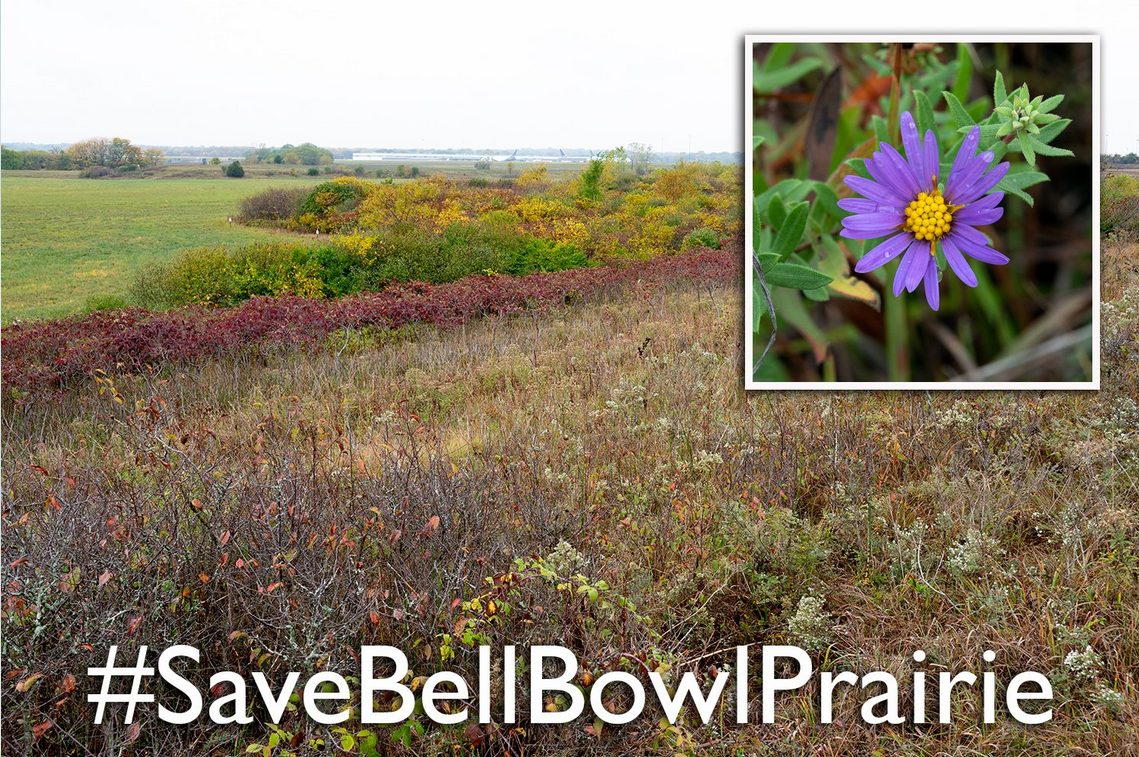In this time of global warming, environmental degradation, and biodiversity loss, these lands do more than provide scenery as we drive by. They help clean our air, filter our water, prevent flooding, shelter hundreds of species of wild animals and plants (including over 100 that are threatened or endangered) and, all the while, entice us out to enjoy nature, with its known health benefits, any day we choose—no admission charged!
Oak Park, IL, Announces Climate Action Plan; Call for Community Group Participation
All around the U.S., communities are taking the lead on fighting climate change and building community resilience. Climate change is here, and it’s just a matter of time before some version of a Hurricane Ian or the Big Ranch Fire impacts any given community: intense storms, flash flooding, prolonged drought, extreme heat and other weather emergencies are intensifying each year.
This summer the Oak Park Village Board approved Climate Ready Oak Park, a comprehensive, long-range plan that provides a vision, goals and actions to make Oak Park more sustainable and resilient.
Birds, Bees & Butterflies: Native Garden Tour Returns to Oak Park & River Forest
The annual West Cook Wild Ones garden walk “Birds, Bees & Butterflies: A Native Garden Walk” is back Saturday, July 23, from 1 to 5 p.m. The walk is designed to inspire and teach home gardeners about the beauty, ease and usefulness of the plants that have lived here for thousands of years, and the animals and insects that depend on them. Habitat loss is among the primary factors driving population declines of important local and migratory species. Each new native plant garden—no matter how small—can help support vital insects, birds and other wildlife.
Remembering Monty and Rose + Why There is Hope
Monty and Rose are the two beloved piping plovers that surprised the Chicago birding community by settling at busy Montrose Beach to nest and raise their young for three consecutive years. When they first arrived in 2019, the number of their endangered species had diminished to 70 nesting pairs in the Great Lakes region.
After Monty died recently after making the spring migration back to Northern Illinois, and after Rose did not return, we reached out to Bob for his thoughts and those of others in the birding community.
Rare Prairie's Survival is Threatened: Save Bell Bowl Prairie
One of the last remaining prairies in Illinois—8,000-year-old Bell Bowl Prairie in Rockford—is slated for destruction as the Chicago Rockford International Airport expands. Bell Bowl is a gravel prairie—among the rarest type of remaining prairie—and it contains some of the most intact and undisturbed natural plant communities found anywhere in the state. If the expansion occurs as the airport currently proposes, then rare, threatened, and endangered species will be destroyed—driven by growth in international shipping and Rockford’s role as a cargo hub for Amazon and UPS.






